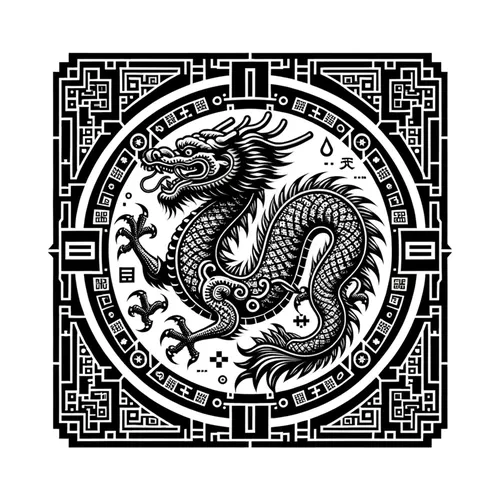Salt Typhoon Strikes Again: Chinese Hackers Infiltrate US Govt and Telcos in Brazen Data Heist
- Author
- Quiet. Please
- Published
- Thu 06 Feb 2025
- Episode Link
- https://www.spreaker.com/episode/salt-typhoon-strikes-again-chinese-hackers-infiltrate-us-govt-and-telcos-in-brazen-data-heist--64234538
This is your Digital Dragon Watch: Weekly China Cyber Alert podcast.
Hey there, I'm Ting, and welcome to Digital Dragon Watch, your weekly China cyber alert. Let's dive right in because the past few days have been anything but quiet.
First off, the U.S. Treasury Department was hit by a Beijing-sponsored breach, which experts like David Sedney, former deputy assistant secretary of defense, believe was aimed at gathering intel on U.S. sanctions on Chinese exporters[2]. This isn't just any ordinary hack; it's part of a broader strategy by the Chinese Communist Party (CCP) to infiltrate U.S. critical infrastructure, as seen in the recent attacks on U.S. broadband providers, including Verizon Communications, AT&T, and Lumen Technologies[4].
The Salt Typhoon group, a Chinese hacking entity, has been behind these breaches, giving the Chinese government "broad and full" access to Americans' data and the capability to geolocate millions of individuals[2]. This is a serious escalation, and it's not just about data theft; it's about strategic undermining of U.S. capabilities.
In response, the U.S. government has been taking steps to address these threats. The Biden administration added restrictions on Chinese goods and finalized rules to restrict the sale of internet-connected cars manufactured in China, citing national security risks[1]. Moreover, there's a push to examine and address security risks posed by Chinese cellular modules, Wi-Fi routers, drones, and semiconductors.
But here's the thing: these measures might not be enough. The incoming administration, led by Trump, seems to be shifting focus towards retribution rather than regulation and intelligence-sharing[2]. This could mean a more aggressive stance against Chinese cyberattacks, but it also raises questions about the effectiveness of such an approach.
So, what can you do to protect yourself? First, stay informed. Keep an eye on official statements and verifiable incidents. Second, ensure your cybersecurity practices are up to date. Use secure networks, keep your software updated, and be cautious with data sharing. And third, support policies that prioritize cybersecurity.
In the world of cyber threats, staying vigilant is key. As we move forward, it's crucial to understand that these attacks are not just about hacking; they're about strategic competition and national security. Stay safe, and stay tuned for more updates from Digital Dragon Watch. That's all for now. Keep your bytes secure
For more http://www.quietplease.ai
Get the best deals https://amzn.to/3ODvOta
